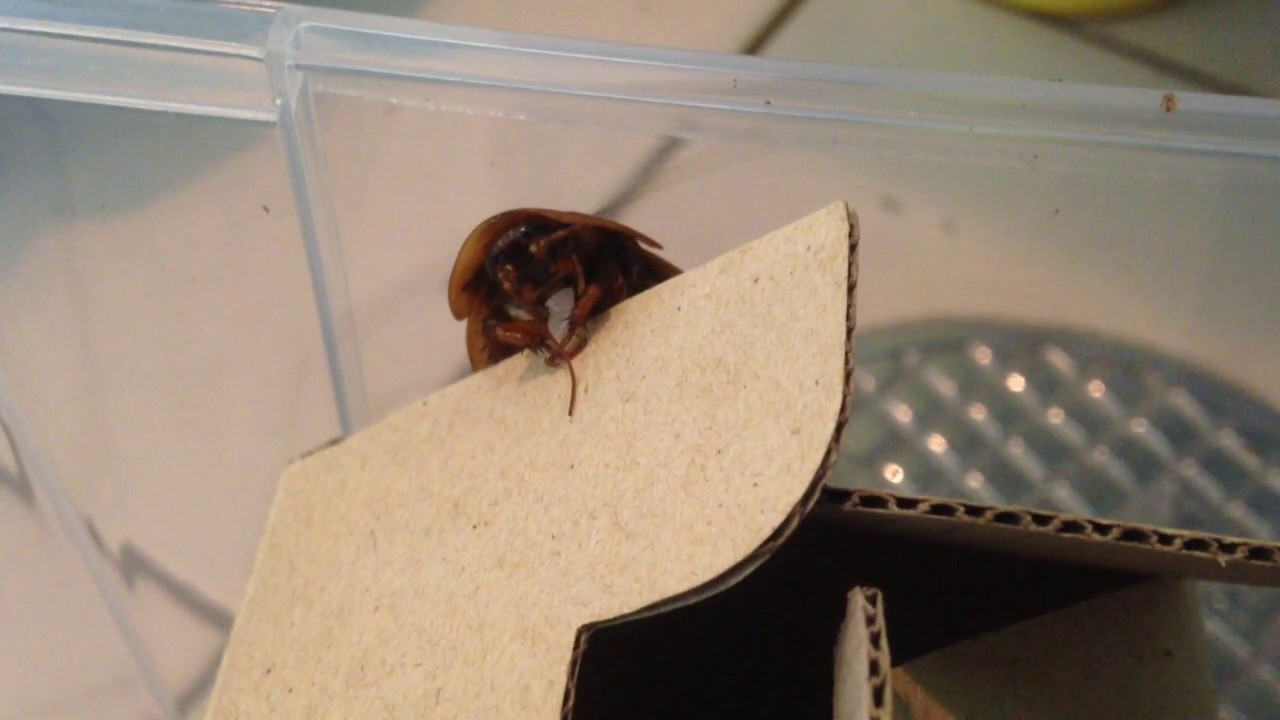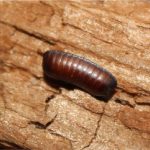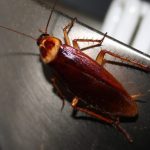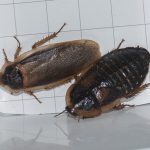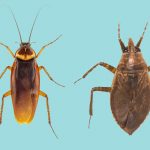Dubia cockroaches are becoming increasingly popular as feeders for reptiles and other exotic pets due to their hardiness and easy availability.
So, what do Dubia cockroaches eat? Dubia cockroaches are omnivores, meaning they eat both plants and animals.
They like to snack on fruits, vegetables, grains, grasses, decaying wood, and leaves. Dubia cockroaches also enjoy eating other insects, such as flies or mealworms.
You must provide a balanced diet for your Dubia cockroach with plenty of fresh food sources.
In this article, we will look at the natural diet of Dubia cockroaches, commercial diets available, nutritional requirements, benefits, and potential risks associated with feeding them to your pet reptile or amphibian.
What is a Dubia Cockroach?
Contents
- 1 What is a Dubia Cockroach?
- 2 Anatomy of the Dubia Cockroach
- 3 What Do Dubia Cockroaches Eat?
- 4 Natural Diet of Dubia Cockroaches
- 5 Commercial Diets for Dubia Cockroaches
- 6 Nutritional Requirements For Dubia Cockroaches
- 7 Benefits Of Feeding Dubia Cockroaches
- 8 Potential Risks Of Feeding Dubia Cockroaches
- 9 Conclusion
Dubia cockroaches (Blaptica dubia) are a species of tropical roach native to South America that has become increasingly popular as feeder insects for reptiles and amphibians in recent years due to their hardiness, ease of breeding, and availability from insect farms around the world.
They are larger than most other feeder insects such as crickets or mealworms, reaching sizes up to 2 inches in length when fully grown, making them an ideal size for many medium-sized lizards and snakes, as well as some larger frogs and turtles.
Dubias are also relatively long-lived compared to other feeder insects, which makes them an attractive option for those looking for a steady supply of food over time.
Anatomy of the Dubia Cockroach
The dubia cockroach has an exoskeleton made up of several sections—the head, thorax, and abdomen—that is covered in a waxy substance that helps protect it from dehydration and keeps its internal organs safe from predators.
Its legs are long and spindly with multiple joints, allowing it to move quickly even over rough terrain, while its antennae help it detect food sources and potential danger nearby.
It also has two compound eyes, which provide excellent vision in low light conditions, making it well adapted to living in dark places such as crevices or under logs, where it can hide from predators during the daytime hours when it is most active.
What Do Dubia Cockroaches Eat?
In the wild, dubia cockroaches feed on decaying plant matter such as leaves, bark, and fruit, as well as on small insects if they can find them.
In captivity, however, they will usually accept any type of commercial diet designed specifically for roaches, such as pellets or specially formulated gels.
They will also take advantage of any spilled food or water left by their owners, so it’s important to keep their enclosures clean if you want them to stay healthy.
Natural Diet of Dubia Cockroaches
In their natural environment, dubia cockroaches mainly eat decaying plant material such as leaves, bark, or fruit, but they may also supplement this with small insects if available.
This means that they should be offered a variety of fresh fruits and vegetables each day in captivity, along with occasional treats like cooked eggs or baby food meat mixes.
It’s important not to overfeed your Dubia cockroaches, however, since too much food can lead to obesity, which can cause health problems down the line.
Commercial Diets for Dubia Cockroaches
There are several commercial diets available specifically designed for Dubia cockroaches, including pellets, gels, and blocks that provide all the essential nutrients necessary for proper growth and development without having to worry about providing additional supplements or treats.
These foods usually come pre-measured into individual portions.
So, there’s no guesswork involved when feeding your cockroaches each day, which makes life much easier.
Be sure to choose a high-quality product from a reputable manufacturer, though, since not all brands offer complete nutrition profiles.
So, be sure you read labels carefully before purchasing anything.
Nutritional Requirements For Dubia Cockroaches
Like all living creatures, dubia cockroaches need certain essential vitamins and minerals to stay healthy.
So, make sure you provide these in their diet, either through fresh fruits and vegetables or through the commercially prepared foods mentioned above.
Some key vitamins and minerals include calcium, phosphorus, potassium, iron, zinc, magnesium, vitamin A, vitamin C, vitamin E, and B-complex vitamins.
Benefits Of Feeding Dubia Cockroaches
Dubia cockroaches are a great choice for feeding your pets!
They provide many benefits, such as being easy to feed and full of nutrition. Dubia cockroaches eat fruits, vegetables, grains, and other insects.
This variety in their diet makes them an excellent source of protein and vitamins that can help keep your pet healthy. Feeding Dubia cockroaches is also cost-effective since they reproduce quickly and require very little space or maintenance.
With all the advantages they offer, it’s easy to see why feeding dubia cockroaches to your pet reptile or amphibian is a good idea.
Potential Risks Of Feeding Dubia Cockroaches
Feeding Dubia cockroaches can be a great way to provide your pet with an alternative food source.
However, it is important to understand what Dubia cockroaches eat before you start feeding them to your pet.
These insects are omnivorous and will feed on vegetables, fruits, grains, and even small amounts of meat or fish.
If these items are not properly cleaned or prepared for the roach’s consumption, they could contain harmful bacteria that could make your pet sick if ingested.
Conclusion
In conclusion, Dubia cockroaches are omnivores and will eat a wide variety of foods.
They primarily feed on plant matter such as fruits, vegetables, grains, and other organic material but also enjoy protein sources like dog or cat food or small insects.
With the right diet, they can provide an excellent source of nutrition for animals in captivity.

